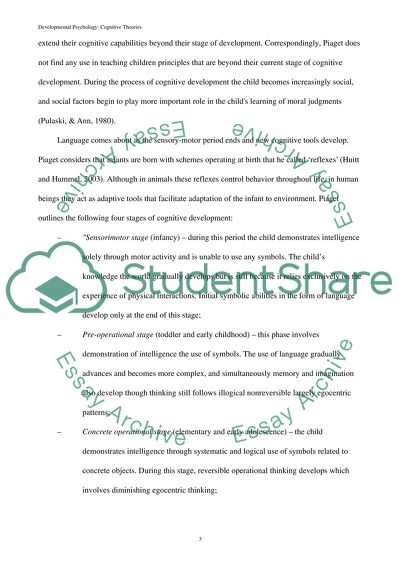Cite this document
(“Developmental Psychology Book Report/Review Example | Topics and Well Written Essays - 1000 words”, n.d.)
Developmental Psychology Book Report/Review Example | Topics and Well Written Essays - 1000 words. Retrieved from https://studentshare.org/psychology/1529492-developmental-psychology-book-reportreview
Developmental Psychology Book Report/Review Example | Topics and Well Written Essays - 1000 words. Retrieved from https://studentshare.org/psychology/1529492-developmental-psychology-book-reportreview
(Developmental Psychology Book Report/Review Example | Topics and Well Written Essays - 1000 Words)
Developmental Psychology Book Report/Review Example | Topics and Well Written Essays - 1000 Words. https://studentshare.org/psychology/1529492-developmental-psychology-book-reportreview.
Developmental Psychology Book Report/Review Example | Topics and Well Written Essays - 1000 Words. https://studentshare.org/psychology/1529492-developmental-psychology-book-reportreview.
“Developmental Psychology Book Report/Review Example | Topics and Well Written Essays - 1000 Words”, n.d. https://studentshare.org/psychology/1529492-developmental-psychology-book-reportreview.


